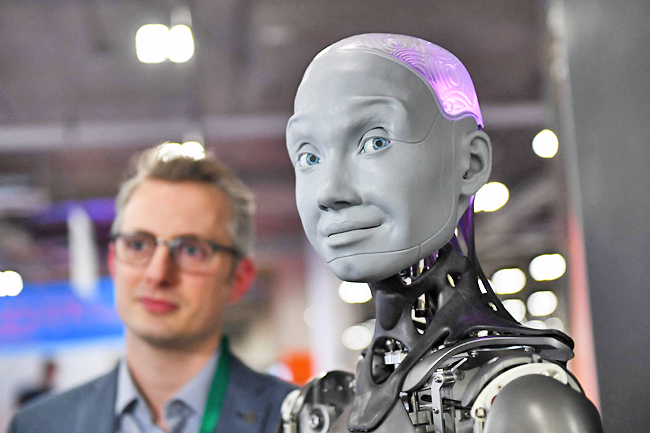ANN/THE STAR – Technology is ever evolving and is constantly transforming the world around us.
The pandemic further speeded up the development of tech in many areas, propelling more people to make it part of their life.
Here are three technologies that are expected to have a bigger impact on our lives and businesses in 2023 and coming years:
AI ANYWHERE
Love it or hate it, artificial intelligence (AI) – a technology that many believe will steal their livelihoods – is here to stay.
Just about every company is developing AI to make their business more efficient. Movie makers use the tech to deage actors; conservationists use it to track and keep wildlife safe, while keeping poachers at bay; and the healthcare industry is experimenting with it to detect diseases and cancer early.
In the coming year, more industries are expected to adopt it even as its use – such as using AI to profile people or speed up hiring – continues to become a hot topic because even machines can be “biased” because of the data it was fed.



IMMERSIVE INNOVATIONS
Two technologies that have been making headlines for years are virtual reality (VR) and augmented reality (AR), which are expected to pave the way to the metaverse.
The metaverse – described as the next evolution of the Internet – is an immersive and interactive shared virtual world.
You can expect more immersive virtual meetings where you will be able to interact with your colleagues through your digital avatars for easier collaborations on projects.
Or buying clothes online may no longer be a hassle – with a virtual avatar, you could more accurately gauge how a piece of cloth will fit you.
In fact, when the metaverse becomes a reality there could even be a permanent avatar of you in the digital space even when you are not online, handling things while you are away.
However, while the technology is exciting, progress has been ploddingly slow.
QUANTUM COMPUTING
With new technology comes the need for even more processing power and one field that’s proving to be promising is quantum computing.
Quantum computing harnesses the principles of quantum theory, which allows it to handle problems like protein folding – an issue that classic computers find very difficult to handle – in unique new ways.
However, one of the dangers of quantum computing is that it could potentially be used to break encryptions that are currently being used to secure data transfers and transactions.
To combat this, organisations around the globe are working on cryptography that can be “quantum resistant”.



